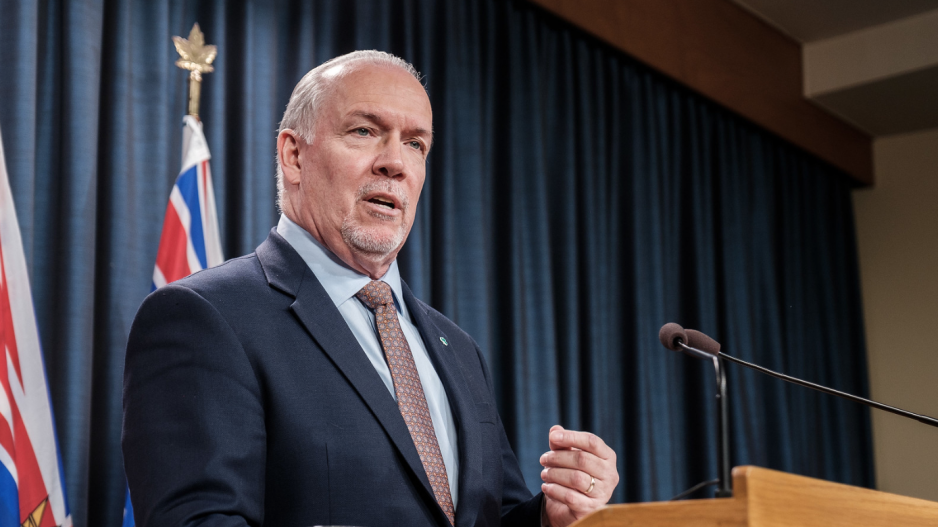B.C. will not soon attempt to restrict non-essential travel across the province's border with Alberta, despite legal advice that it impose restrictions if that travel causes harm to British Columbians, Premier John Horgan said in a late-afternoon statement January 21.
"We can impose restrictions on people travelling for non-essential purposes if they are causing harm to the health and safety of British Columbians," Horgan said.
The reason he is not attempting to immediately impose a ban on non-essential travel across the province's long and porous eastern border is because "public health officials tell us what is most important is for everyone to obey health orders, wherever they are, rather than imposing mobility rules."
Much current inter-provincial travel is work related, and therefore cannot be restricted, he said, referring to legal advice the province has received.
"If we see transmission increase due to inter-provincial travel, we will impose stronger restrictions on non-essential travellers," he said. "We will continue to work with the tourism and hospitality sectors to make sure all possible safety precautions are in place."
That sector was alarmed last week, when Horgan mused that closing the province's borders to inter-provincial was a possibility he was looking into.
"We think it would be disastrous,” Tourism Industry Association of BC CEO Walt Judas told BIV January 15.
Horgan said that today (January 21) he spoke with other first ministers, and that Prime Minister Justin Trudeau is "exploring further international travel restrictions."
B.C., Horgan said, "stands ready to assist" the feds in those potential future actions.
He said that he asked other premiers to tell their provinces' residents that now is not the time for non-essential travel.
"We ask all British Columbians to stay close to home while vaccines become available," Horgan said. "And to all Canadians outside of B.C., we look forward to your visit to our beautiful province when we can welcome you safely."




